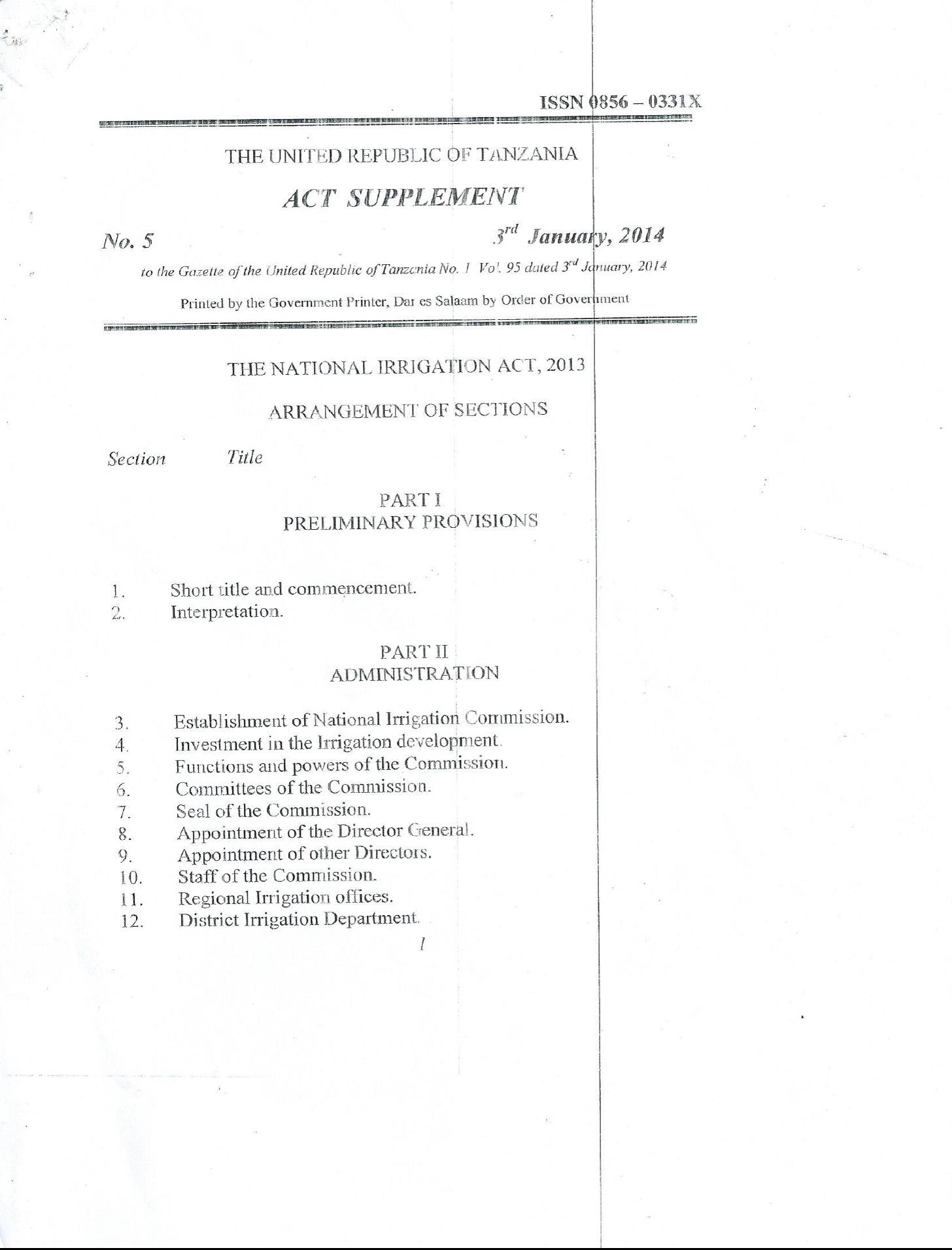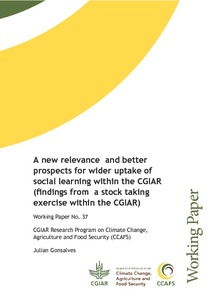Support for Agricultural Restructuring Project : The Financial and Economic Competitiveness of Rice and Selected Feed Crops in Northern and Southern Vietnam
One area of weakness in current
agricultural policy work in Vietnam is the lack of a clear
understanding of both the private profitability of farmers
for different crop activities and the social profitability
of such activities. Agricultural performance is thus gauged
in physical terms (i.e. yields and the volume of aggregate
output) rather than in financial or economic terms. This has
hampered efforts to compare and contrast the impacts and




